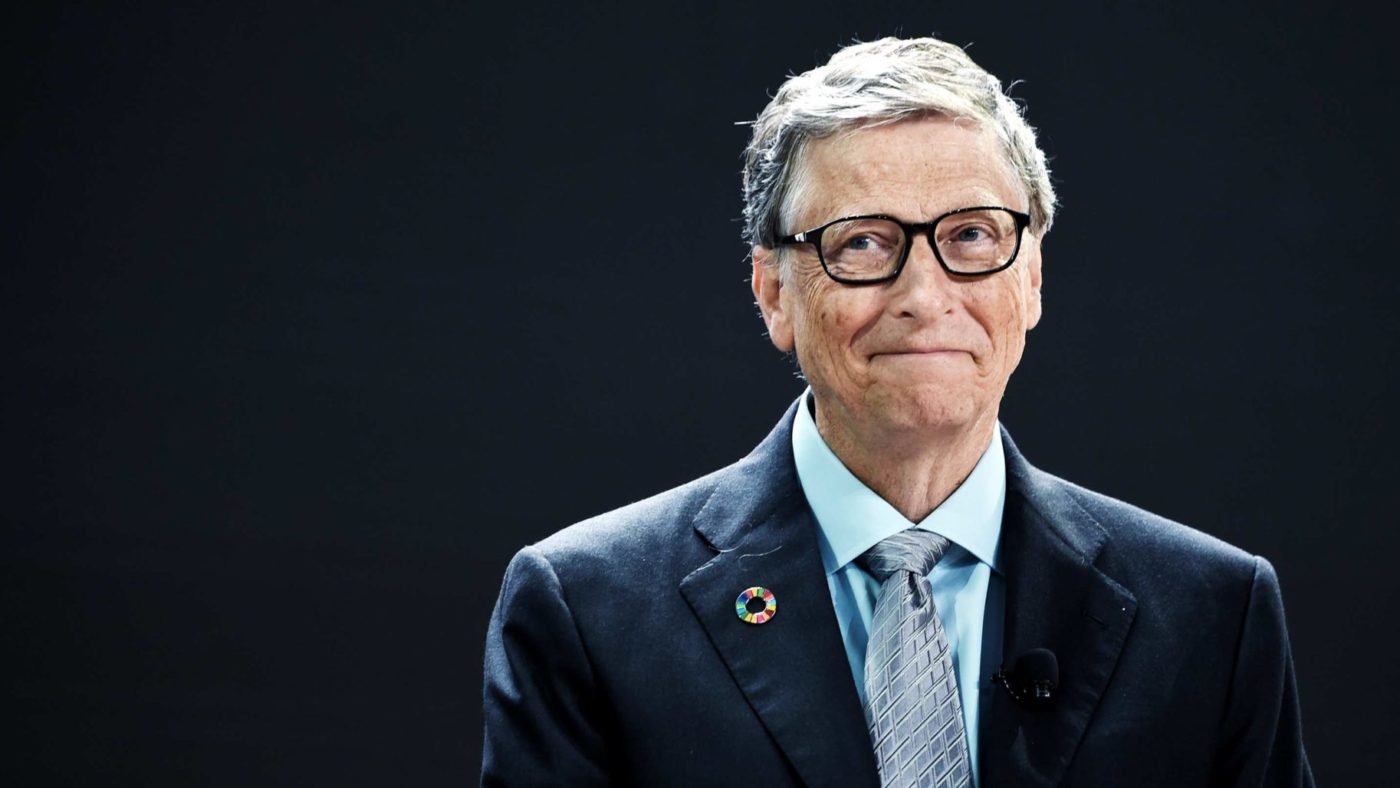In any crisis, people waste a great deal of energy trying to identify the “culprits”. In the United States right now, China is being blamed for the corona crisis while in Europe, highly vocal conspiracy theorists are turning their fire on Bill Gates.
The fact is, in the entire history of humanity, no one has committed as much money to fighting disease as Gates. Nevertheless, coronavirus conspiracy crackpots have accused him of creating the virus so that he could make even more money for himself from a vaccine. In Germany, a video with the highly provocative title “Bill Gates Plunders Germany” has gone viral on social media. At the same time, representatives of the far-right AfD party have been making speeches in parliament demonising Gates as the head of a wide, nefarious conspiracy.
Of course the allegations against Gates are false, but that is not the main point here. It’s more interesting to ask why many people are so keen to spread the idea that the rich and superrich only ever act to benefit themselves.
One answer is provided by an Ipsos Mori survey of 1,084 representative Americans, which asked: “Some people donate a great deal of money to charitable causes. In your opinion, what is the main reason why people do that? Do they primarily donate because they want to benefit others, or primarily because they want to benefit themselves (e.g. for tax relief, to improve their reputation, etc.)?”
A majority of respondents selected the – probably realistic – answer that the rich donate for both reasons, “to benefit themselves and others equally”. Only 13% thought that the rich donate primarily “to benefit others,” while almost twice as many (23%) assume that rich donors are primarily driven by selfish motives.
Social envy as a key motive
One of the survey’s other findings is perhaps even more interesting. For the study, entitled The Rich in Public Opinion, numerous questions were used to determine which of the survey’s respondents exhibit a strong sense of social envy and which do not. Among social enviers, 50% assume that rich people donate primarily for selfish reasons (more than twice as many as in the population as a whole). Among non-enviers, in contrast, only 12% believe that donations from the rich and super-rich are driven by self-serving motives, which is only half as many as in the population as a whole.
As these findings confirm, rich people who think they can improve their public image through philanthropy are wrong. They will certainly find it difficult to convince social enviers that their donations are motivated by altruism. As the Gates example confirms, social enviers simply cannot imagine that anything the rich do could possibly be born of good intentions. And even when the richest men and women on the planet devote all their strength and energy to medical progress and the battle against disease and poverty, enviers suspect that wealthy philanthropists are truly motivated by a series of completely different, dark intentions and a desire to increase their fortunes at any price.
The same survey also found that 60% of social enviers describe the rich as greedy and 58% assume that rich people are self-centred. In comparison, non-enviers, who account for 48% of the American population, have a very different opinion of the rich: only 20% of non-enviers consider the rich to be greedy and only 23% assume that they are self-centred.
Especially in times of crisis – like the current coronavirus pandemic – social enviers look for scapegoats. This is again confirmed by the above survey, which finds that 57% of enviers agree that “those who are very rich and want more and more power, are to blame for many of the major problems in the world, such as financial or humanitarian issues”.
But this is nothing new. As demonstrated throughout history, whenever people are unable to explain major negative events, they look for scapegoats. The modern age is remarkably new in so many ways – and yet some things stay the same.
Click here to subscribe to our daily briefing – the best pieces from CapX and across the web.
CapX depends on the generosity of its readers. If you value what we do, please consider making a donation.


